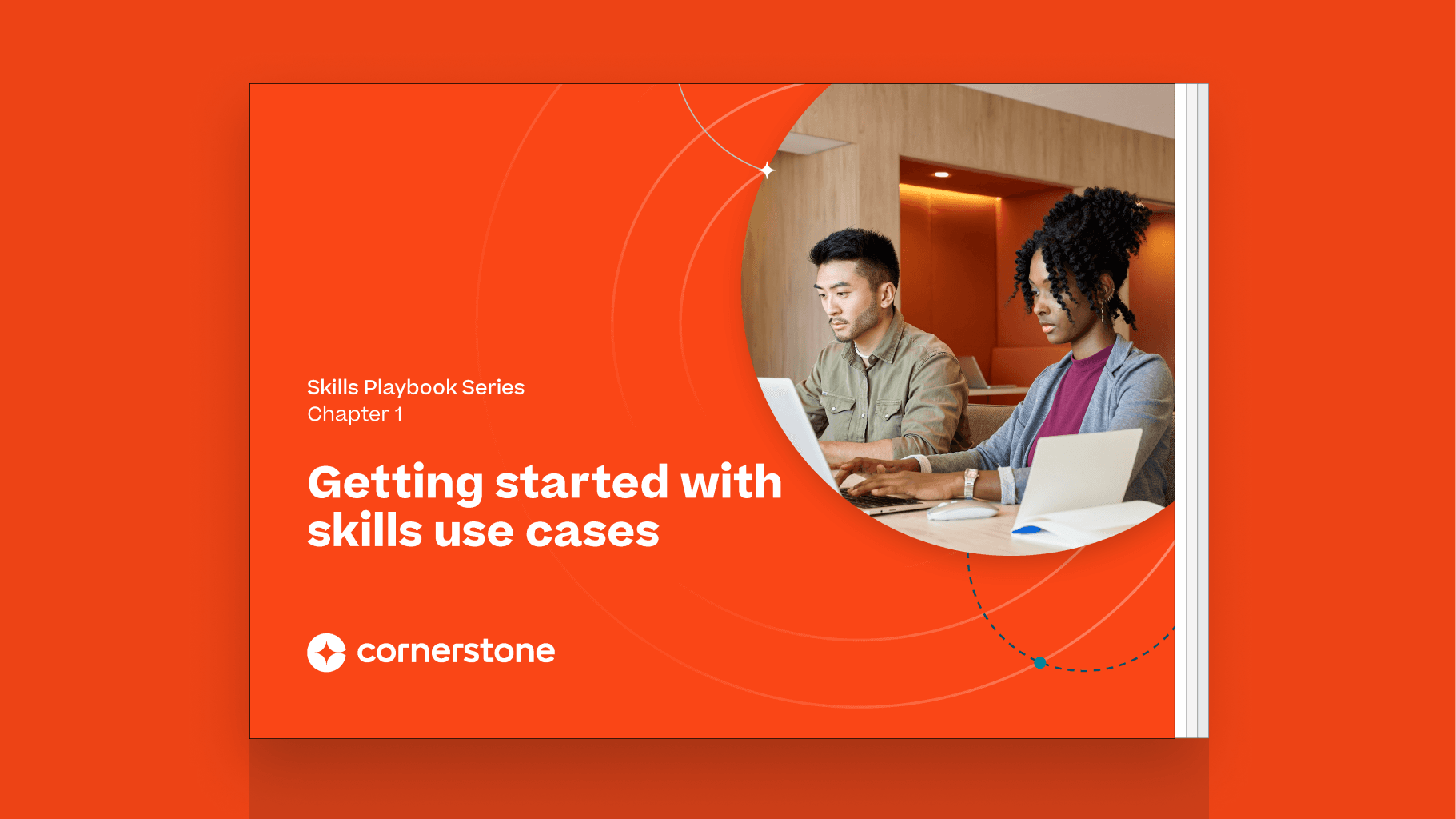In order to survive and thrive in today's tech-driven world, organizations must place learning at the forefront of their company's culture, processes and planning. The vast majority of CEOs—90 percent—say their organization is facing disruptive change driven by digital technologies, yet 70 percent of them admit their organization doesn't have the skills to adapt to these changes.
It's clear that employees need the opportunity to build new skills and enhance existing ones to successfully confront the future of work. That's where holistic learning comes in.
Creating and implementing a holistic learning experience not only benefits employees by enabling them to apply new knowledge to their current position and build out their skill set for future jobs—it also strengthens organizations by providing a pathway to increased productivity and profits.
"If you're not learning, you're dying," James Nowlin, founder and CEO of consulting company Excel Global Partners, states matter-of-factly. "Businesses that do not invest in learning are businesses that ultimately fail."
Providing employees with continuous learning opportunities helps organizations build a foundation of adaptability so they can confidently confront upcoming technological change. Holistic learning can truly transform all phases of the employee lifecycle, from onboarding and engagement to productivity and retention.
"While all of our people have great business experience, we need them to remain on the cutting edge," says Stephanie Harris, owner and CEO of PartnerCentric, a performance marketing agency. "If you want to retain an A player, you have to show that commitment."
Commitment to holistic learning helps organizations continuously build top talent from within and develop a strong leadership pipeline. This can improve retention, as employees are more likely to stay at a company where they can develop their careers and easily move across departments and levels.
Harris' 40-person workforce is entirely remote, but that hasn't stopped her from making both individual and group learning a top company priority. She attests to the fact that creating a continuous learning environment has allowed her organization to make small, positive advances on a regular basis. "When a culture is based around thinking, learning and development, those changes add up over time," she says.
In addition to a virtual book club, sharing podcasts and webinars through Slack, and working one-on-one with an internal talent development trainer, Harris' employees participate in "Deep Work" time on Fridays from 10 a.m. to 12 p.m. in their respective time zones. Deep Work time is dedicated to personal development activities such as taking an online course or staying updated on industry news. During their weekly all-hands meeting, Harris calls on each employee to share takeaways on what they learned.
"All these activities keep us on the cutting edge," Harris says. "Learning doesn't just increase the effectiveness of what we do—it also brings about new ideas from an employee base who knows our product and service well."
It's no secret that employees want to feel appreciated and valued. "You need to get ideas from the bottom up, not just from the top down," Harris says. Employees have a different perspective from the CEO, so when they share ideas it can help to point out blind spots. "Employee requests such as 'I really need to learn HTML' can enlighten me to a business opportunity or company weakness, which helps me strategically plan in a different way," she explains.
The key advantage of holistic learning is that it doesn't just benefit employees by providing them with the opportunity to build valuable skills, but it also helps organizations by bringing in fresh, innovative ideas, creating an engaged employee base, and establishing a culture of focus and accountability.
"When learning becomes part of company culture, each employee becomes adept at creating, acquiring, cultivating and transferring knowledge," Nowlin says.
Nowlin is confident that holistic learning can be directly linked to employee and organizational happiness. "A culture of learning prevents workplace burnout, enhances employee morale and provides a competitive edge in the marketplace," he explains. "Holistic learning always makes good business sense."
To learn more about how to create a holistic learning experience at your organization, check out Cornerstone's e-book: The Rise of a Holistic Learning Experience.
Photo: Twenty20

